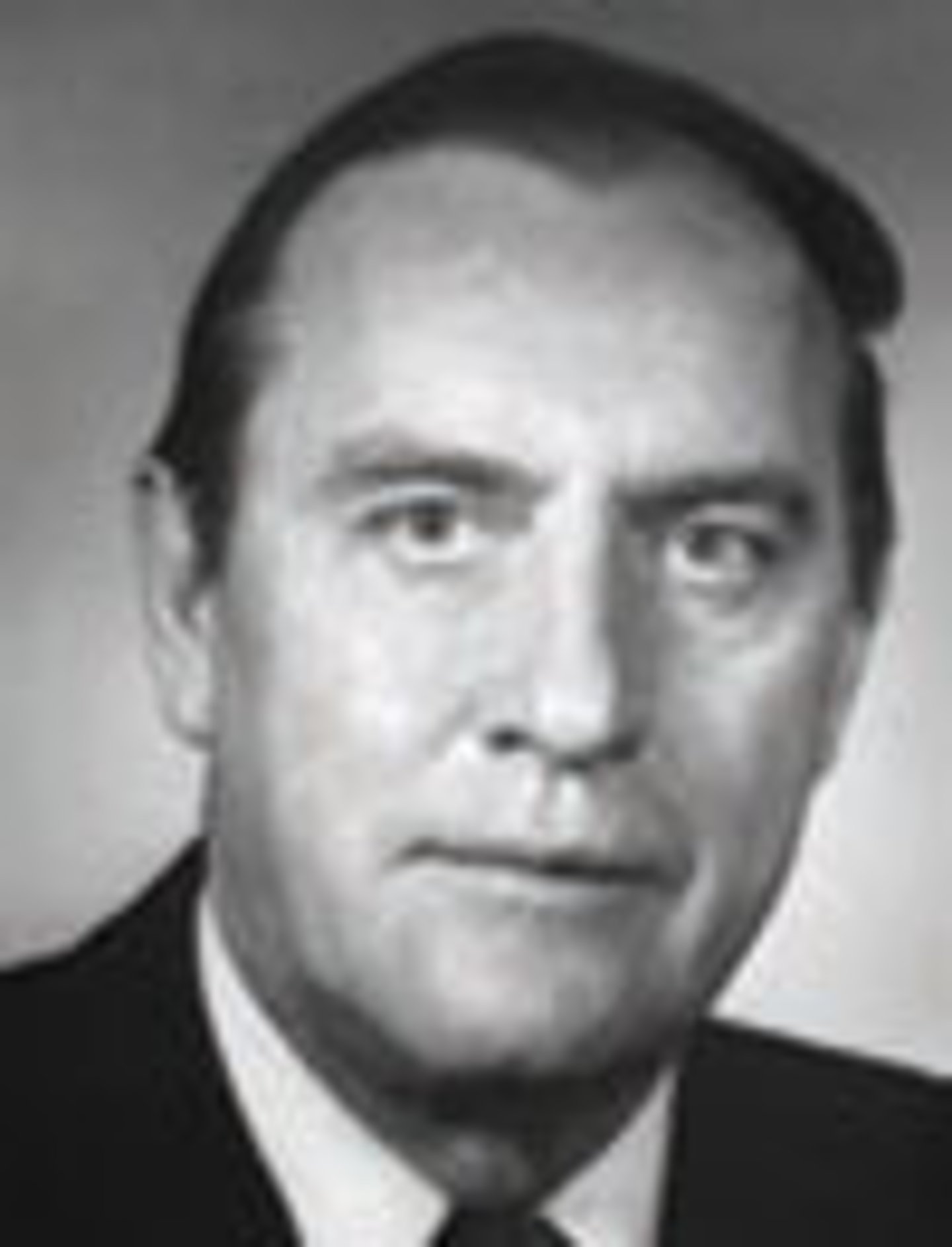Fred Canning: Life in retailing
NEW YORK —When Fred Canning retired as president and COO of Walgreens, one overriding question arose among many people both inside and outside the company: Was anyone big enough to fill the shoes of this legendary retail leader? It’s a measure of Canning’s impact on drug store retailing, and a credit to his successor Dan Jorndt, that he was up to the job.
Canning, the architect of Walgreens’ turnaround in the 1970s and 1980s, died peacefully at Lake Forest Hospital in Illinois June 28 of complications from cancer. He was 85.
In a little over three decades, Canning rose from stock clerk, making 49 cents an hour, to top manager of the company under chairman and CEO Charles R. Walgreen III. He was part of a century-long line of highly skilled and charismatic executives who ran day-to-day operations at the nation’s premier drug chain. But Canning ranks at or near the top of that line for leading Walgreens through a top-to-bottom turnaround at the company and guiding it to a preeminent position as the nation’s premier drug store retailer.
Canning was the company’s president and COO from 1978 to 1990. Under his leadership, Walgreens shed such distracting sideline businesses as discount stores and restaurants, beefed up its store expansion strategy and refocused on its core drug store operations. Upon Canning’s retirement, Walgreens was a rejuvenated retail behemoth with a proven track record for sales and earnings growth, a reputation for retail innovation and unrivaled leadership of the U.S. drug store industry.
Canning’s impact on Walgreens extended to the investment world, as well. During his tenure, the company’s stock delivered steady returns as its financial performance turned predictably golden, and the loyalty he engendered among Walgreens’ shareholders—from big institutional investors to retirees holding a couple of hundred shares—became a thing of legend. His presence at the company’s annual meetings was electric; at his last gathering as president, investors gave him two standing ovations.
“For Walgreens, Fred Canning was the right man for the right time,” said Laurie Meyer, who recently retired as Walgreens’ divisional VP corporate communications. “He set Walgreens up for the success and expansion that we enjoyed in the ‘90s. He loved being in the stores; that was really where his heart was. Fred knew where the company made its money, and it wasn’t in the office—it was in the stores.”
That instinct for staying one step ahead of customer needs and expectations served Walgreens well. Canning encouraged flawless execution of headquarters strategy in the stores, brought in many of the highly skilled merchandising and operations executives who would lead the company into the next century and insisted on adopting the best cutting-edge technology Walgreens could wield in its pharmacies, its forecasting and replenishment systems, and its increasingly sophisticated supply-chain operations.
Those contributions made a huge impact on the company he helped lead, said his friend and former colleague, Charles R. “Cork” Walgreen III. “Fred was a true, supportive friend, key in building a cohesive team that would clear the way for future company expansion,” Walgreen told Drug Store News. “We wouldn’t have known the growth we had without Fred Canning. Our stockholders never had a better ally. He was always there when we needed him, and he left us a wonderful guidepost to follow. His former co-workers will miss him. And my family and I have lost a dear and loyal friend.”
Steve Anderson, president and CEO of the National Association of Chain Drug Stores, called Canning “an industry visionary…[whose] use of innovation and technology were trend-setting.”
Canning’s son Tim, who is president of McKesson Corp.’s Health Mart retail franchise, cited his father’s accomplishments. “The hallmark of his career was the management team that he assembled and the leadership that he provided to leverage [its] collective strengths,” added the younger Canning. “As Fred often stated, ‘I’ve been one of the team. You don’t win the game if you don’t have the players.’”
Canning is survived by his wife Margaret, with whom he shared 64 years of marriage, along with their eight children, 21 grandchildren and two great grandchildren. In lieu of flowers, contributions may be made to Church of St. Mary, 175 E. Illinois Rd., Lake Forest, Ill., or the American Cancer Society’s Lake County Regional Office at 100 Tri-State International, Ste. 125, Lincolnshire, Ill., 60069.

